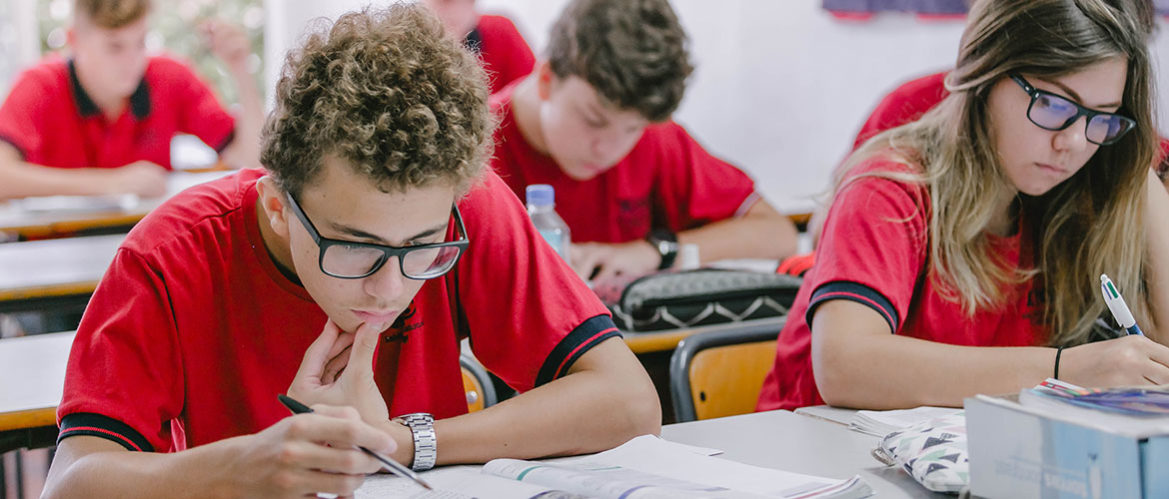Introduction
Geography at XIC engages students in critically looking at the world in which they live, and provides an opportunity to investigate the physical and human environments on our rich and diverse planet. Students will understand the close links between the human population and the natural environment and consider how to improve and better manage their impact on the natural world. They acquire and apply the skills and techniques – including those of map work, fieldwork and GIS – needed to conduct investigations in many fields.
Geography at XIC encourages pupils to think, not only on the local, but on a wider scale and opens their minds to new and exciting ideas. XIC students develop a real sense of place and an appreciation of the environment and its fragility;as well as awareness of the ways in which people and environments interact, the importance of sustainable development in those interactions, and the opportunities, challenges and constraints that face people in different places.
Teaching
In Geography lessons teachers use a variety of strategies to support students and ensure that students are making good progress. Students use their whiteboards, tablets, contribute to class discussion, answer open and closed questions, use a variety of IT resources, create their own questions and engage in collaborative learning activities.
The Faculty are focused on making the learning environment as safe and supportive as possible, where students are comfortable to make mistakes and then discuss with their peers why an answer is right or wrong.
Students are encouraged to reflect on their own work and look to improve this during “DIRT” time; they also share their ideas with others on how they can improve their work.
The department view fieldwork as an integral part of Geography so study outside of the classroom takes place every year for each year group throughout Key Stage 3.
Students produce an end of unit assessments towards the conclusion of each topic, this takes place both in lesson time and for homework. This assessment data is used for the tracking information that is sent home each term.
Homework is regularly, with occasional extended pieces of homework given to develop independent research and learning skills.
The KS3 geography curriculum is differentiated so that it is relevant to all in our international community and therefore has been designed to suit the needs of students at XIC. It will enable all students of all abilities to enjoy and achieve Integrating a wide variety of geographical skills into everyday lessons will enable students to develop as learners, carrying their skills into the next key stage and eventually, into the work place.
Why study Geography at XIC?
In Key Stage 3 geography, learning deepens and children continue to investigate a wide range of people, places and environments. They start to learn about the geographical patterns and processes and the political, economic, social and environmental factors affecting people and places.
They also learn about the interdependence between places and environments and carry out geographical enquiry both inside and outside the classroom, using our local area wherever possible. Students are taught to ask geographical questions such as, “How and why is this landscape changing?”, “What is the impact of the changes?” and “How do different people feel about this?”
Your child will collect and analyse statistical evidence to answer such questions and be encouraged to develop a personal opinion. They will also use a wide range of geographical skills and resources, such as maps, satellite images and ICT to investigate and answer questions.
Your child’s geographical vocabulary will also be extended (using terms such as ‘drainage basin’ and ‘urban regeneration’) and they will have a greater awareness of the location of places and environments studied and “Geography in the news”.
Within the formal curriculum in Geography there are opportunities to develop the students as all round individuals. For example we encourage our students to aim to live healthy lifestyles as we look at Crime and Population and resources. Students are taught to stay safe as we look at Crime ( its prevention and designing out crime ). We focus highly on key Environmental Issues and the Impacts of tourism. Students are encouraged to make a positive contribution to society as we look at Fairtrade, Sustainability, Development and Resources, Ecosystems, Natural disasters, Climate change and Flooding.


